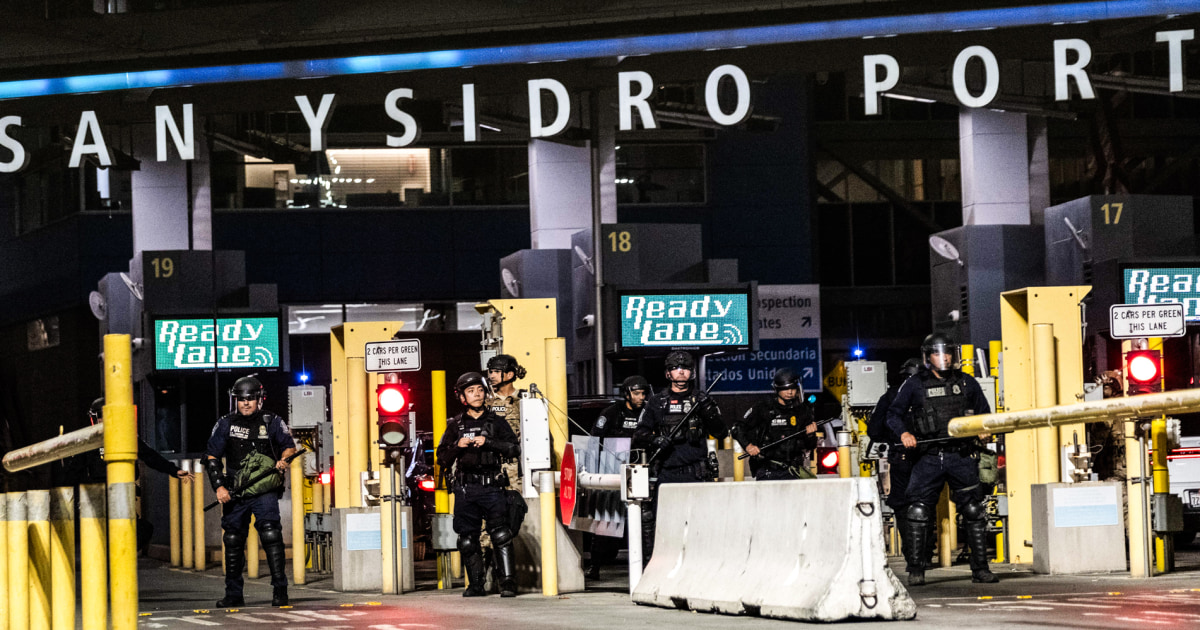
WASHINGTON — The Supreme Court on Thursday ruled against a convicted drug mule from California who objected to evidence admitted at her trial that suggested she would have been aware of thousands of dollars worth of methamphetamine found in her car.
The ruling on a 7-2 vote means Delilah Guadalupe Diaz’s conviction is upheld.
Diaz has maintained that she was a ‘blind’ mule, a term for someone who unwittingly transports drugs.
A U.S. citizen living in California, she was stopped by a Border Patrol agent in August 2020 after crossing into the United States from Mexico at the San Ysidro port of entry.
A search revealed 55 pounds of methamphetamine with a retail value of $368,550.
Diaz, who was sentenced to seven years in prison, said her boyfriend had loaned her the car when she was returning to the U.S. from a trip to Mexico.
The case focused on a rule of evidence that was amended after John Hinckley Jr. was found not guilty based on his insanity defense for the attempted assassination of President Ronald Reagan in 1981. Congress changed the rule in an effort to exclude testimony by expert witnesses about a defendant’s mental state.
The rule says “an expert witness must not state an opinion about whether the defendant did or did not have a mental state or condition that constitutes an element of the crime charged or of a defense.”
At Diaz’s trial, a Department of Homeland Security agent testified that drug cartels do not normally allow large quantities of drugs to be transported by so-called blind mules who are not aware of their cargo.
Diaz’s lawyer tried and failed to have the testimony excluded, saying it was the “functional equivalent” of telling the jury that she knew about the drugs.
During arguments in the case in March, a lawyer representing the Justice Department told the justices that prosecutors do not need to introduce the kind of evidence submitted in Diaz’s case to secure convictions.